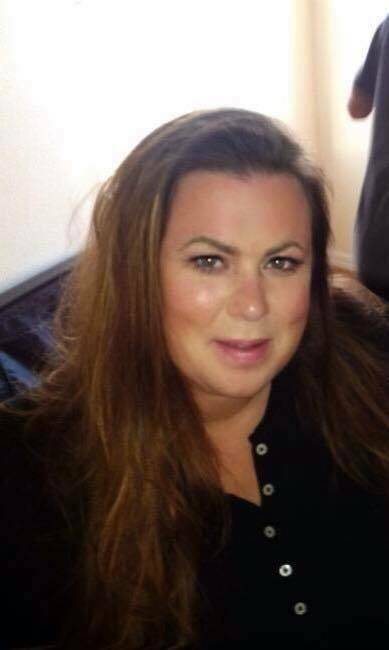A black, shirtless man wielding a knife is running around the streets in Daytona County. The police are called. Two officers show up and he runs toward them with a knife. The officers have seconds to decide what to do. Should they shoot him? One of the officers makes the decision to tase him. In the body camera footage, you can see many things that they did well that helped them make the decision to use less than deadly force.
However, one thing sticks out in the footage. One of the officers calls the man by name: Derrick. He knows Derrick. Derrick is a person to him. Derrick is not just a scary, mentally ill black man with a knife; he is a fellow human being with hopes and dreams, a nice guy who had stopped taking his medications and was trying to get the police to shoot him, so he could show them he was bulletproof. A couple weeks later the officer is out in the neighborhood and Derrick, back on his medicines and doing well, smiles and waves at him. Once we get to know people it is hard to dehumanize them and our interactions with them improve.
The Savior asked us to love our neighbors, not just those whose homes happen to be physically next to ours, but all our fellow mankind; people who look, think and act differently from ourselves. This can be the tricky part. It can be easy to love those who share the same views as ourselves. We commonly associate with people that are like ourselves in religion, politics, ethnic backgrounds or other categories that we often use to differentiate us and them. “We” worship this way and “they” another, “we” think this way and “they” another, “we” vote this way and “they” another, “we” are from this area of the world and “they” another, “we” have this color skin and “they” another. If Jesus asked us to love everyone, how do we get past the things that are not the same?
During the General Conference of the Church of Jesus Christ of Latter-day Saints this previous weekend, Elder Dieter F. Uchtdorf said the following, “The love Jesus spoke about, however, isn’t a gift-card, throwaway, move-on-to-other-things love. It isn’t a love that is spoken of and then forgotten. It is not a “let me know if there is anything I can do” sort of love. The love God speaks of is the kind that enters our hearts when we awake in the morning, stays with us throughout the day, and swells in our hearts as we give voice to our prayers of gratitude at evening’s end. This is the inexpressible love Heavenly Father has for us. It is this endless compassion that allows us to more clearly see others for who they are. Through the lens of pure love, we see immortal beings of infinite potential and worth and beloved sons and daughters of Almighty God. Once we see through that lens, we cannot discount, disregard, or discriminate against anyone.”
What can we do to see others as the Savior sees them and love them as He does? Elder Uchtdorf gave us this counsel, “Believing God leads to faith in Him and developing trust in His word. Faith causes our hearts to grow in our love for God and others. As that love grows, we are inspired to emulate the Savior as we continue our own great journey on the path of discipleship. For some, the act of believing is difficult. Sometimes our pride gets in the way. Perhaps we think that because we are intelligent, educated or experienced, we simply cannot believe in God and we begin to look at religion as foolish tradition. In my experience, belief is not so much like a painting we look at and admire and about which we discuss and theorize. It is more like a plow that we take into the fields and, by the sweat of our brow, create furrows in the earth that accept seeds and bear fruit that shall remain.”
Elder Uchtdorf extended this invitation, “Come, help us build and strengthen a culture of healing, kindness and mercy toward all of God’s children.”
• Jacqueline Tupou is a member of the Church of Jesus Christ of the Latter Day Saints. “Living & Growing” is a weekly column written by different authors and submitted by local clergy and spiritual leaders.

